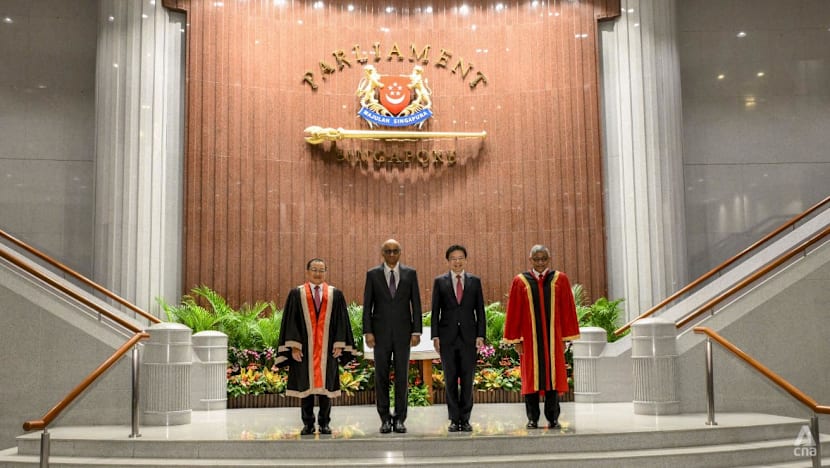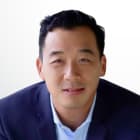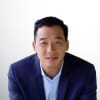Commentary: A challenging term ahead for Singapore’s 15th Parliament
Amid global uncertainty, Singapore’s government must also ensure the success and well-being of every citizen, says former NMP Nicholas Fang.

(Left to right) Speaker of Parliament Seah Kian Peng, President Tharman Shanmugaratnam, Prime Minister Lawrence Wong and Chief Justice Sundaresh Menon pose for a photograph in the parliament building during the first session of the 15th Parliament, Sep 5, 2025. (Photo: CNA/Wallace Woon)

This audio is generated by an AI tool.
SINGAPORE: As the memories of the General Election in May and the afterglow of the SG60 celebrations which peaked during National Day last month start to fade, Singapore’s government is gearing up to tackle impending challenges facing the country. And it is starting to look like a difficult road ahead.
In his speech to mark the opening of the 15th Parliament on Friday (Sep 5) evening, President Tharman Shanmugaratnam was frank in his assessment of those challenges.
“The world around us is changing in profound ways. Once again, we must navigate turbulent waters,” said Mr Tharman.
One major source of uncertainty stems from the shift in priorities of the United States under the leadership of Donald Trump, whose unpredictable “America First” policy has unsettled long-standing alliances.
At the same time, two wars continue on two different continents, and the rivalry between the US and China is expected to intensify across economic, technological and military domains in a global contest for power. In this environment, Singapore faces an increasingly complex and uncertain world order.
Besides conventional military challenges, less conventional threats such as cybersecurity and hybrid warfare pose potential challenges for countries like Singapore. These could see foreign actors seeking to influence domestic public opinion via social and traditional media, disinformation or cyber attacks.
The weaponisation of trade and interdependence is also a potential flashpoint, as are tensions that could “flare up suddenly, in the region and globally”.
It’s clear the government will be expected to steer the country through all these uncertainties, even as it charts new directions for the future while managing growing domestic pressures. While this expectation isn’t new, it came through more sharply than ever in the President’s Address.
OLD PLAYBOOK NO LONGER SUFFICIENT
The President’s Address at the opening of each term of Parliament is drafted by the government and typically sets out its priorities over the next five-year term.
As global issues increasingly shape domestic concerns, how the government listens, explains and brings Singaporeans along will matter almost as much as the policies it enacts.
There is growing expectation for Members of Parliament (MPs) to take on a more active role in scrutinising policies, contributing fresh ideas and engaging in robust debate.
Beyond mapping out the challenges facing the country, Mr Tharman also said that with intensifying global competition, previous playbooks of strategies would no longer get the job done.
As such, the government is embarking on a refresh of national economic strategies, with a focus on being able to adapt quickly and innovate boldly to enhance Singapore’s attractiveness as a global hub for trade, capital and talent. These and other measures are expected to be debated at length by MPs when Parliament sits again later this month.
But complicating these efforts is the need to sustain mobility of Singaporeans to guard against widening inequality in society, and to protect vulnerable groups and individuals.
“Ultimately, our nation’s success will never be measured by economic growth alone. It must be judged by how we support the vulnerable, and how we enable every Singaporean – young and old – to contribute, and to live with dignity,” Mr Tharman said in his address.
WE BEFORE ME, BUT HOW?
In this vein, it is likely that significant emphasis will be given to a theme introduced by Prime Minister Lawrence Wong at his National Day Rally last month, which was the need for Singaporeans to put “we” before “me”.
Mr Wong described this idea as one in which Singaporeans focused on “strengthening bonds with each other instead of just looking out for their own self-interests”, and said that this will be essential in ensuring that Singapore continues to survive and thrive.
Mr Tharman echoed this idea in his address, saying that such a “we first” approach needs to extend beyond organised programmes and come to be embraced by every individual member of society.
“Singapore can only stand tall if we act as one people ... All of us must, through our everyday deeds and actions, put the collective before self: put ‘we’ before ‘me’,” he added.
A critical question for this new term of government will be how such a “we first” society will be manifested, and what will be required in terms of actual shifts in mindset and behaviour across society to achieve this vision.
NO MAN LEFT BEHIND
Mr Tharman’s speech lasted about 30 minutes and focused more on macro themes and a broad vision for a post-SG60 Singapore, with more details of specific policy measures presumably being left to other political office holders and MPs to expand on subsequently.
But his address made one thing clear: It will be critical for current and future governments to be able to look ahead to deal with multiple complex and complicated challenges and threats, while also ensuring that no member of society gets left behind in the charge towards progress.
This may sound like an obvious requirement for any successful nation, but it is becoming more important given the increasingly messy and fast-evolving global and regional geopolitical landscape.
Nicholas Fang is a former Nominated Member of Parliament. He is founder and managing director of strategic consultancy Black Dot, and director for security and global affairs at the Singapore Institute of International Affairs.


















